17 reasons games disappear from Steam
Expiring rights, sexual content, shady developer practices, lost source code—and sometimes because the game just isn't very good.
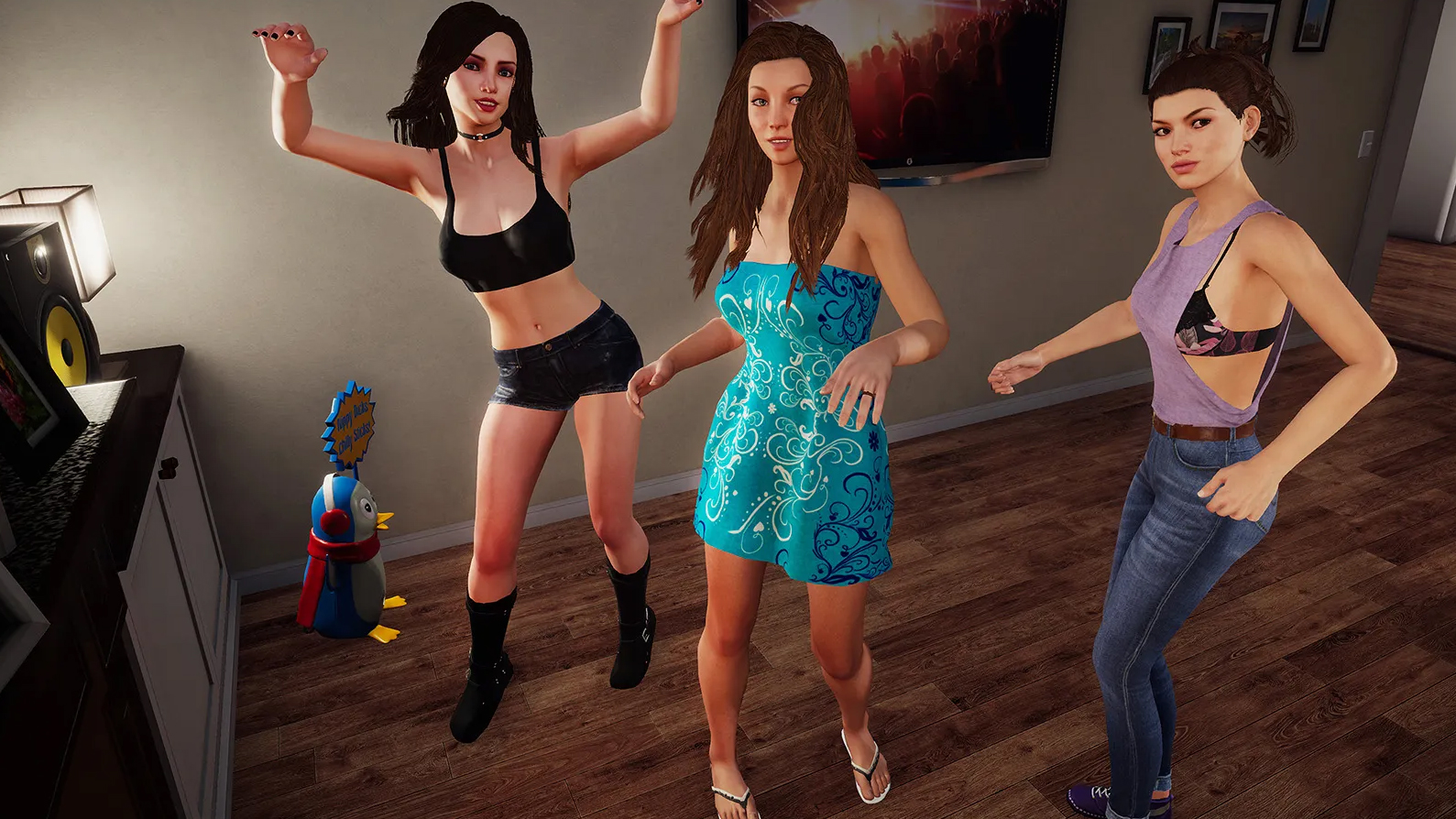
Did you buy Prey on Steam? Not the 2017 version from Arkane and Bethedsa: I'm talking about the 2006 version from Human Head Studios and 2K Games. If you didn't and want to now, you can't—the original Prey was quietly removed from Steam a few years ago. If you own it, you should still be able to play it, and if you can find a physical copy or a online key-seller you may even be able to register a CD code with Steam. But you can't buy it on Steam anymore.
Prey isn't alone: games vanish from Steam all the time. Sometimes they reappear later, but other times they're just plain gone—and this can happen for all sorts of different reasons including expired music rights, trademark disputes, exclusivity deals, fake review scams, shady developer practices, and more. Here's 16 weird reasons games disappear from Steam.
The developer didn't trademark the name—and that's just for starters

There was already something a bit weird about upcoming survival MMO The Day Before, namely that it was a month from launch and had only shown off two trailers a few years ago. It only got weirder. Just before the devs promised to reveal new gameplay footage, the game disappeared from Steam (and wishlists, where it was sitting in the number two slot) completely.
The reason? "Right before the release, Steam blocked our game page at the request of a private individual, because of the name The Day Before," developer Fntastic said on Twitter. "After the announcement of the game, the above mentioned individual filled out an application before us to register the game trademark The Day Before in the United States."
This turned out to be just the tip of the iceberg for The Day Before. It returned to Steam and launched in December of 2023 to scathing reviews, and less than a week later Fntastic closed its doors. Servers were shut down within a month, and the game is now truly gone. You can read the whole saga of how The Day Before went from Steam's most wishlisted game to the end of a studio.
The developer does not "have access to the source code anymore"
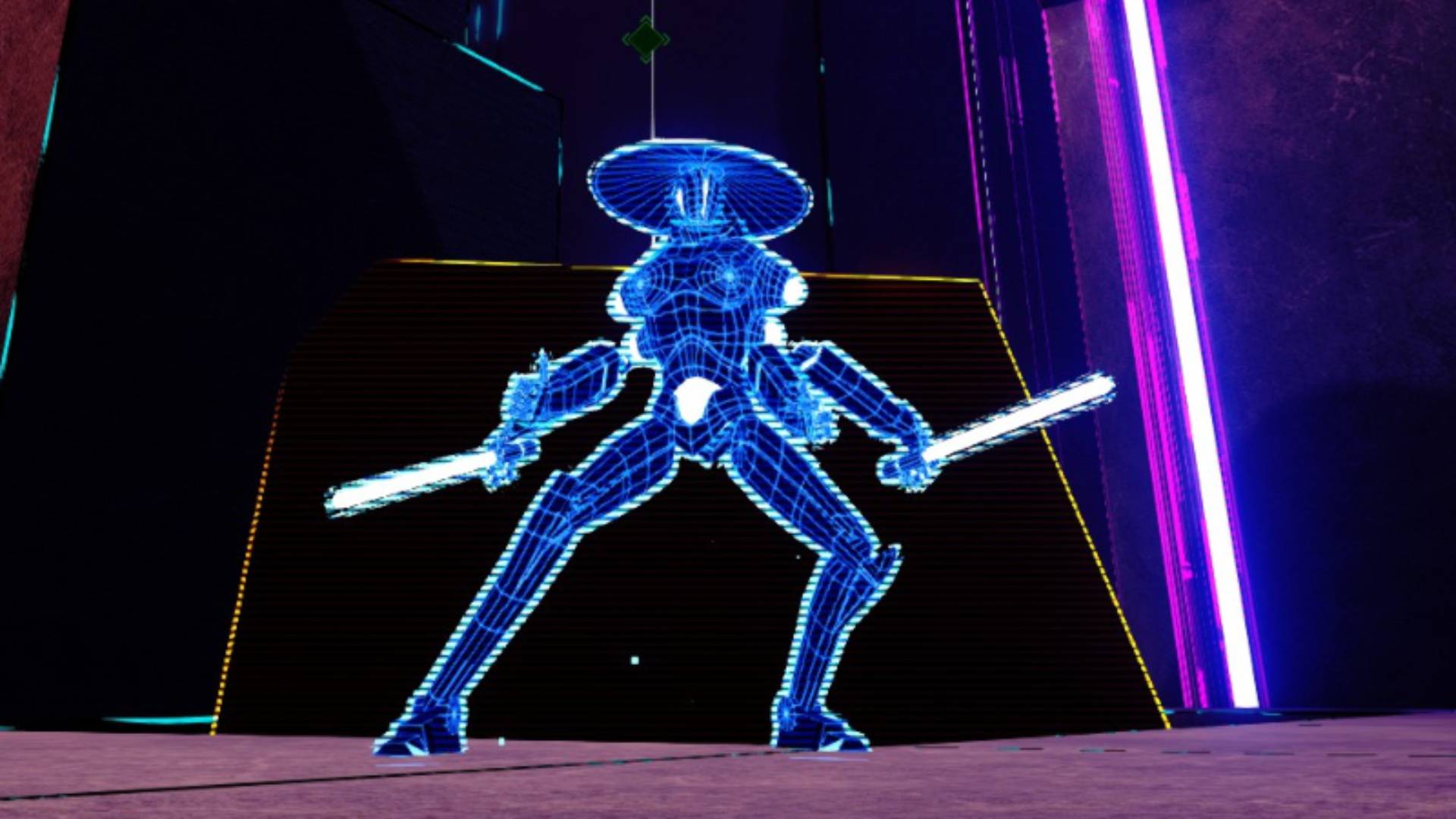
Here's the weird and sad reason 2015's Quantum Lock was delisted from Steam in 2024. "QL was our first game and although it was a big milestone for us, it was created at a time before we understood version control software," developer Fat Bomb Studios said. "We do not have access to the source code anymore and cannot make any fixes or changes to the game. Because of this, we have decided to disable the ability for anyone to buy copies of the game."
The dev's co-founder told us he went back to the game after eight years to address some "glaring" issues, but had no way to fix them. "At the time of Quantum Lock’s development, we had no established routine to back up our data, aside from placing stuff onto a portable hard drive," he said to PC Gamer in an email. That drive is now lost, so the game can't be updated. On the plus side, the studio now backs up the code for its other games on a local server and in two additional locations, so it won't happen again.
Keep up to date with the most important stories and the best deals, as picked by the PC Gamer team.
Publishers were "abusing" Steamworks tools
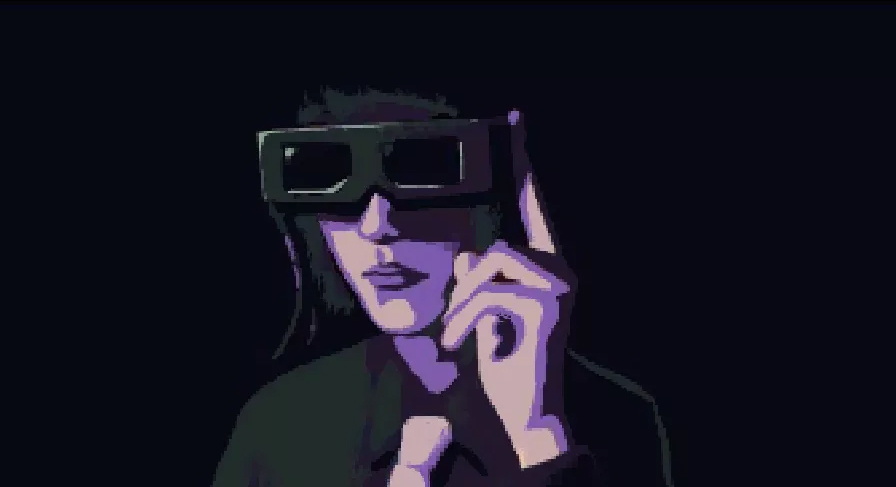
In November 2019 roughly 1,000 games abruptly vanished from Steam. Many of them appeared to be what I'd describe as 'extremely indie'—games few had ever heard of or played (at least judging by the number of Steam reviews). Some, however, had been on Steam for years and had hundreds of positive reviews at the time they vanished, so this mass removal didn't appear to be one of Valve's purges of asset-flips or scams.
A statement from Valve read: "We recently discovered a handful of partners that were abusing some Steamworks tools. We emailed all the affected partners." That's not all that much of an explanation, but we hope to someday learn a bit more about what really happened. Meanwhile, some of the removed games have reappeared on Steam (at least one with a new publisher), while others are still gone for good.
Disney stops paying for SecuROM DRM
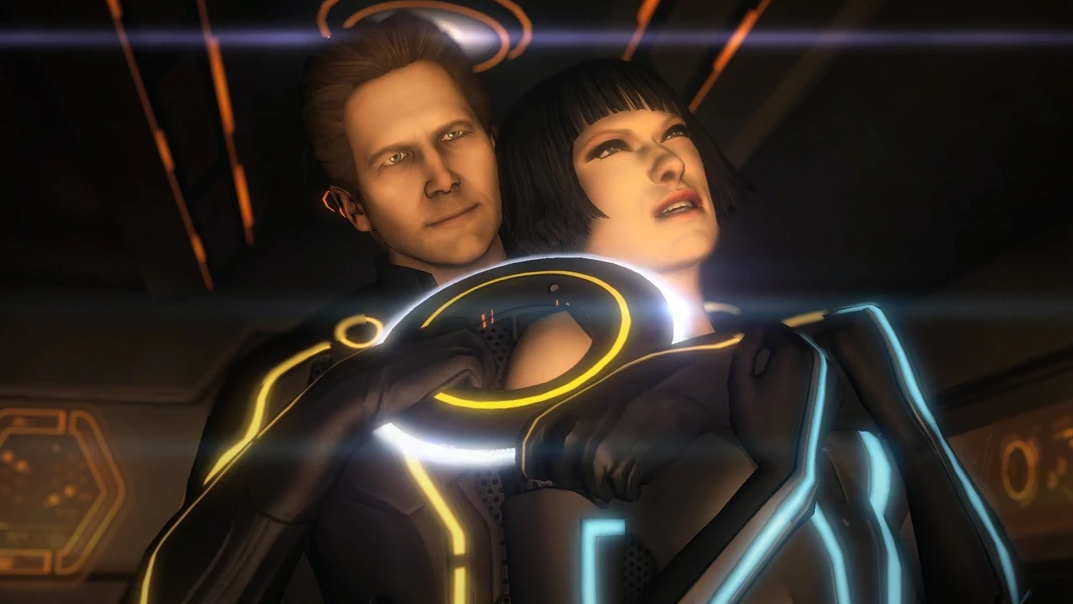
The peril of DRM can raise its ugly head years down the road. A good example is Tron: Evolution, which became unplayable in 2019 because its publisher, Disney Interactive, apparently stopped subscribing to SecuROM. With the DRM service inactive for Tron: Evolution, the game has become a lock with chewing gum stuck in it. Players currently aren't able to verify their serial key, so the game simply won't launch.
This obviously isn't just a problem for Steam users but people who bought the game elsewhere, too. At any rate, Tron: Evolution has been delisted from Steam. Hopefully, Disney will eventually release a DRM-free version to the admittedly few people who still want to play a nine-year-old game we scored at a 29%. But frankly, it doesn't matter how few people play it or how bad the game is. If you buy a game, you should be able to play it forever.
An exclusive deal was made with Epic Games
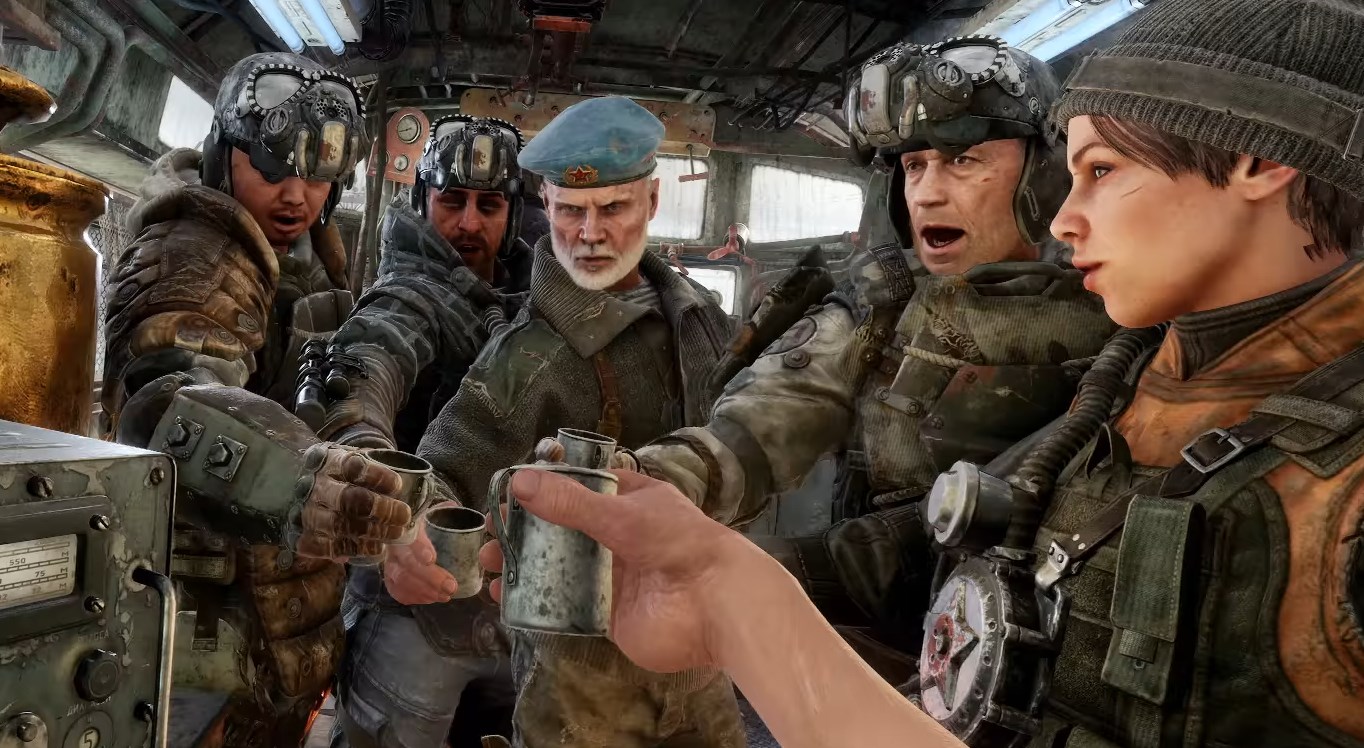
The Epic Games Store arrived with quite a splash in 2018, luring developers to its marketplace with a better revenue cut than Valve offers, as well as revenue guarantees. It doesn't hurt that millions already use Epic's launcher to play Fortnite, either. As a result, a number of developers and publishers agreed to exclusive launches on the Epic Store.
Metro Exodus is the most notable example, as it took preorders for months on Steam before going exclusive on Epic just weeks before its launch. Pre-purchases on Steam were halted, and Exodus wouldn't return to the Steam store until 2020 when its one-year exclusive deal with Epic expired.
It contained a Winnie the Pooh reference
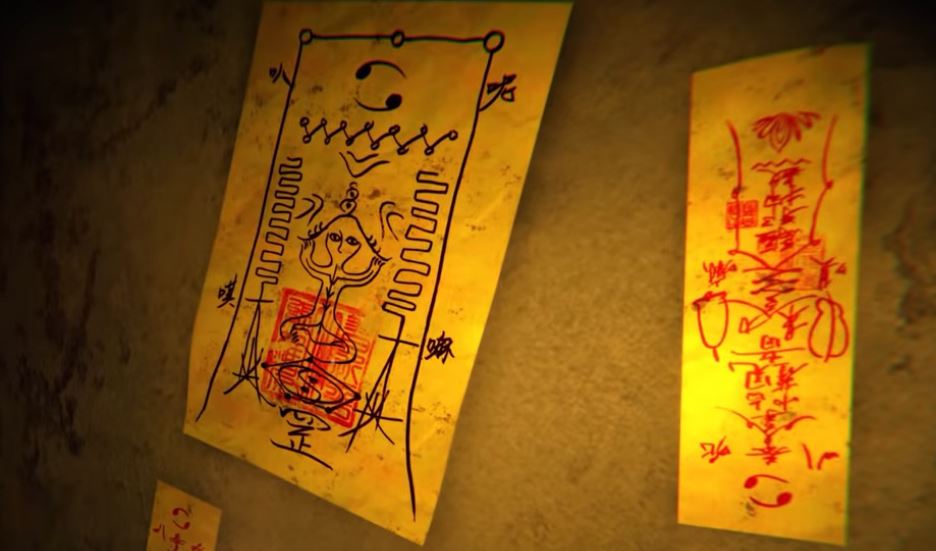
Censors in China have banned Winnie the Pooh due to memes that used pictures of the fictional anthropomorphic teddy bear to make fun of Chinese president Xi Jinping. Yeah, this is a real thing that happened because the world we live in is ridiculous.
Red Candles, the developer of Taiwanese horror game Devotion, included a reference to this Winnie the Pooh meme and other assorted commentary on China, which led to heavy review bombing of Devotion, as well as another game by Red Candles, Detention. Red Candles apologized and removed the Pooh reference, but it didn't end there. The developer's ties to its publishing partners were severed and Devotion was abruptly removed from Steam.
A DMCA notice was issued
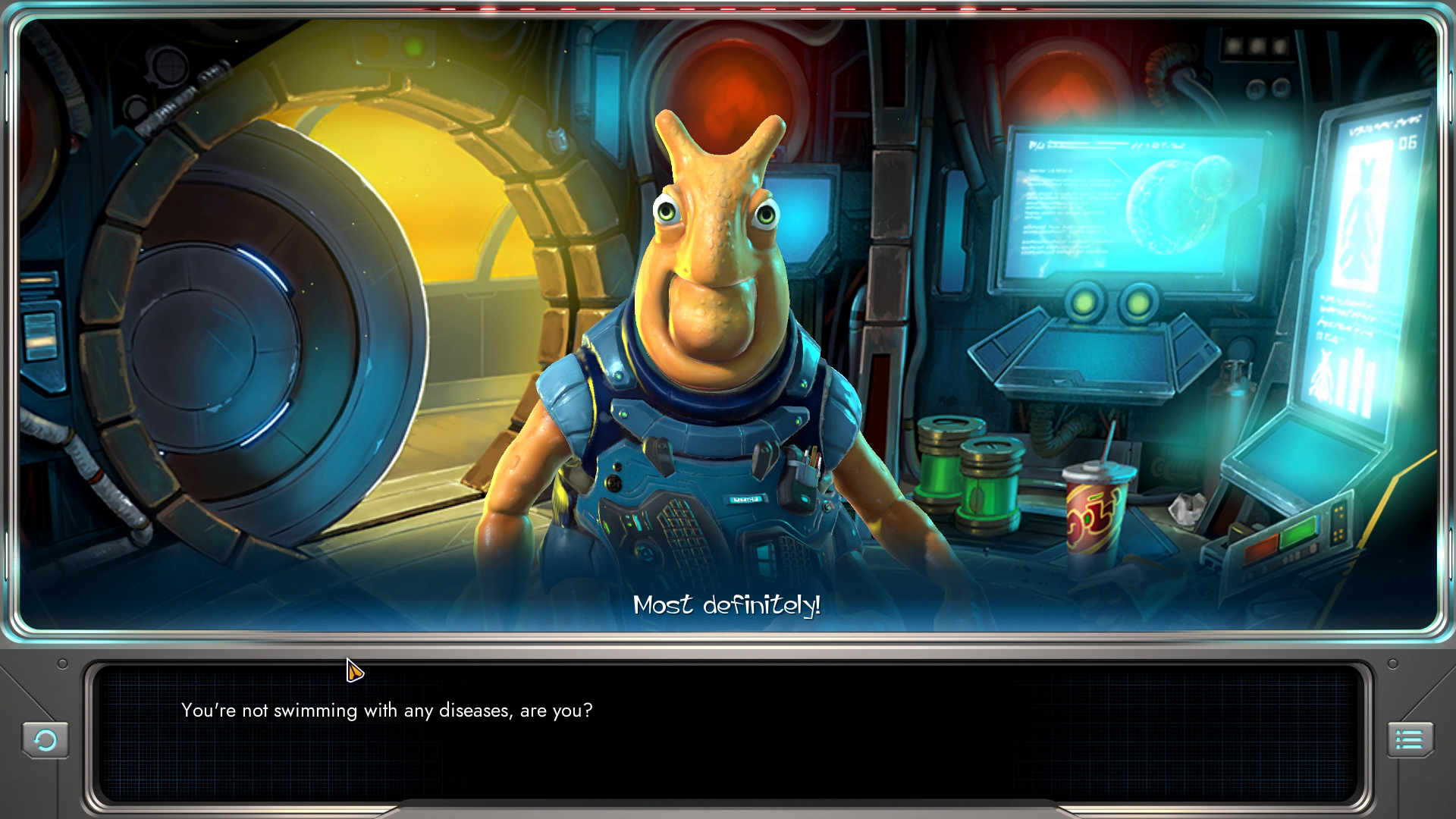
Stardock, maker of Star Control: Origins, was issued a DMCA notice from the makers of the original MS-DOS game Star Control during a long-running and semi-exhausting legal wrestling match over the copyrights and trademarks of the series. As a result, Origins was removed from Steam. Happily, it returned to Steam after several weeks, and the lawsuit was finally settled in June of 2019.
Music rights expired

You can buy Alan Wake on Steam—but for a while, that wasn't the case. The reason had to do with music. It's common for a game developer to pay for the rights to songs for a certain period of time—seven years, in the case of Alan Wake—and when that time expires, the game can no longer be sold if it still contains those songs. Grid, Dirt 3, F1 2013, Tony Hawk Hawk Pro Skater HD, and numerous other games have vanished from Steam and other digital marketplaces due to music licenses expiring.
This isn't unique to gaming—we've seen it happen to TV shows like The Wonder Years and WKRP in Cincinati, which can't be re-broadcast or sold once the rights to the music used on the shows have expired. The music either has to be removed from the show and replaced with something else, or new deals with license holders for each song need to be made. Years after a show or game has wrapped production, it's extremely difficult for either of those things to happen. Happily, in the case of Alan Wake, Microsoft was able to renegotiate the music rights and get the game back on sale with all of its original soundtrack intact.
Because of fake reviews
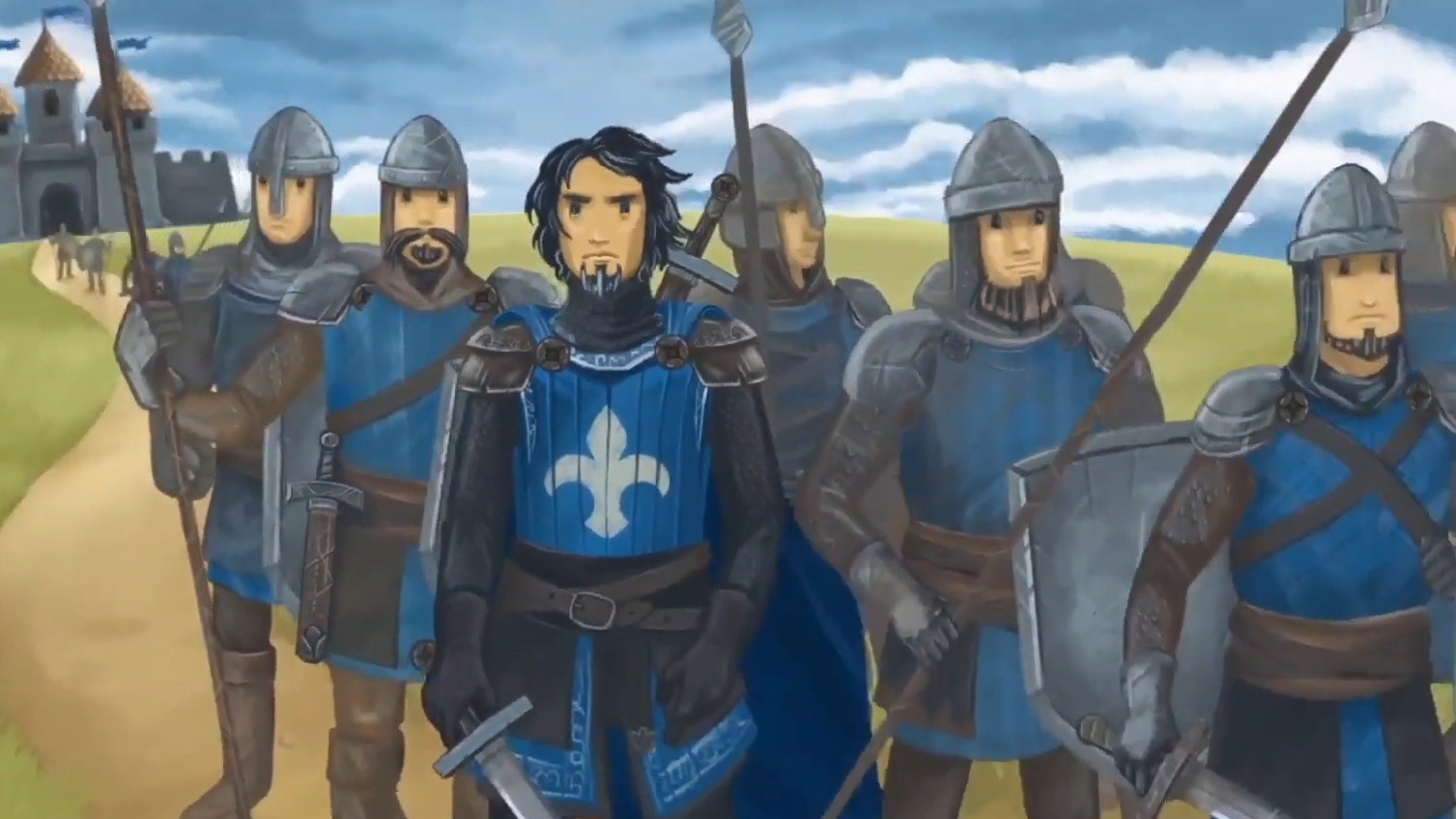
Reviews causing a stir is nothing new, but it's entirely another matter when a developer tries to boost its Steam review score and word of mouth with fake reviews for its own game. We've seen it a few times now: Acram Digital's board game adaptations were pulled from Steam by Valve in 2018 after it came to light that a staff member of Acram had been posting positive reviews of their game using different Steam accounts.
Something similar happened in the same year when publisher Insel Games attempted to 'encourage' employees to post positive reviews of its game Wild Buster. When Valve got wind of it, they pulled the game from Steam. Meanwhile, Acram's games have since returned to Steam, but Wild Buster has not.
It contained 'sexual content'
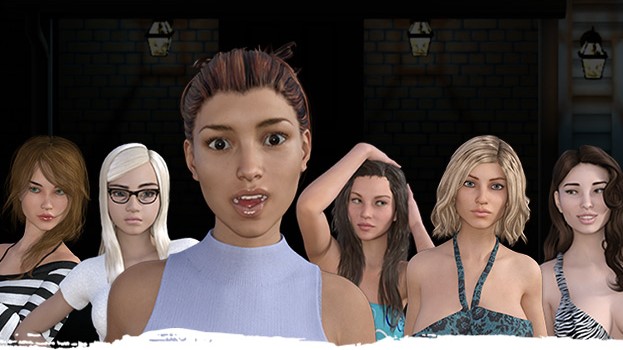
House Party, an Early Access game from 2017, quickly rose to popularity before it was suddenly yanked from the Steam store. That was due to complaints of 'pornography' in the game being sent to Valve, though that's as vague and hard to define as the term 'sexual content.' House Party returned a few days later having added a 'censor bar' to certain scenes, though cleverly provided a patch players could use to remove it if they wanted the game to remain uncensored.
House Party isn't the only game targeted with complaints about 'pornography'—several anime-style games, such as those made by developer HuniePot and the visual novel Mutiny!! were warned in 2018 that they were in violation of Steam guidelines. The warning came with deadlines to alter or censor their games, or face being taken off Steam. The tricky thing is that these guidelines are confusing and inconsistent, and it's not clear why these specific games are the subject of complaints while others that feature sex or nudity aren't. HuniePot released a censored version of its game on Steam to comply with the warning.
It's been replaced by a remastered version
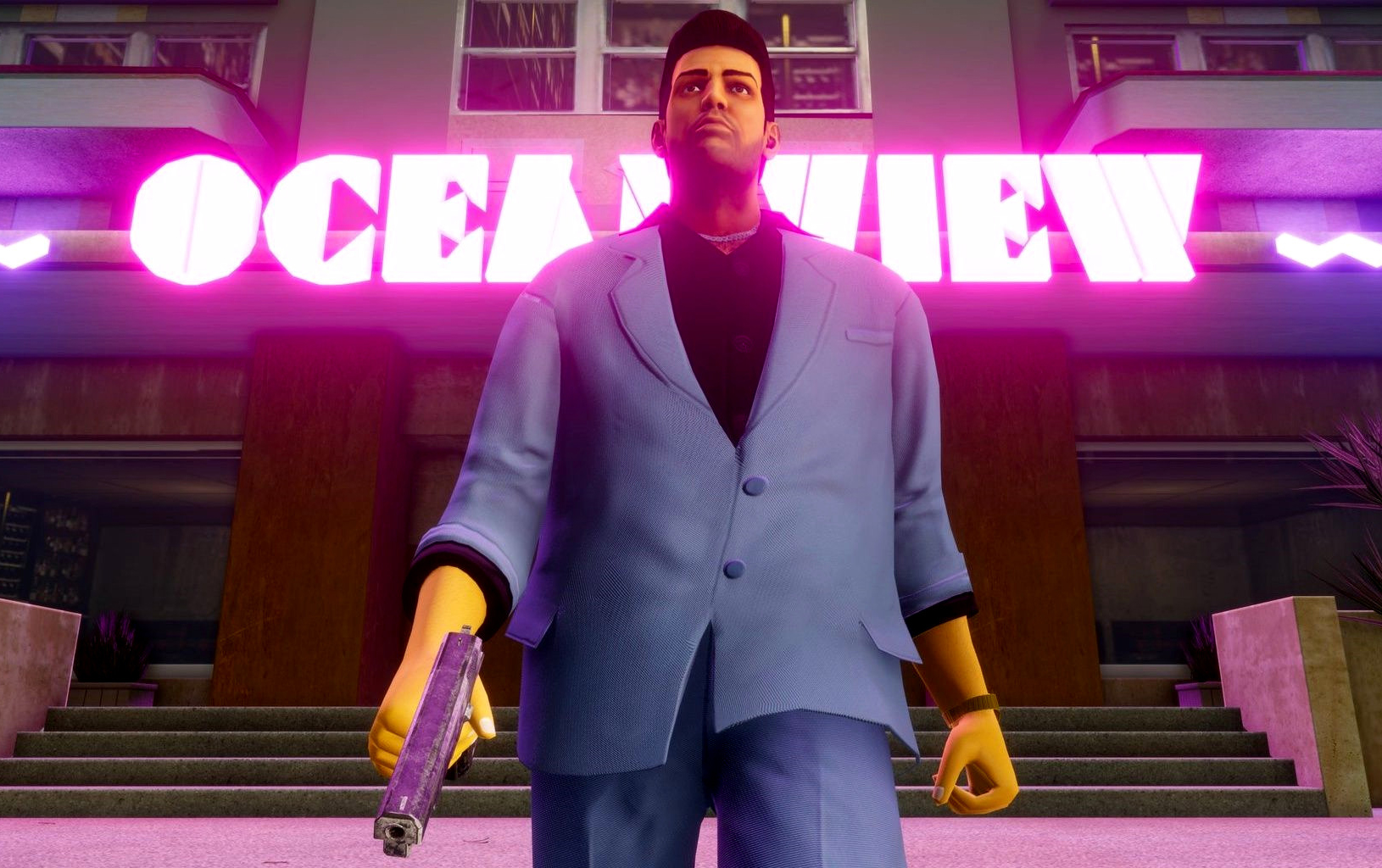
Dark Souls: Prepare to Die edition was removed from sale in May 2018, when Dark Souls: Remastered Edition arrived. As with a few other examples above, this doesn't mean it vanishes from your Steam library if you own it, but you can no longer purchase it. Multiplayer for this version of Dark Souls is also dead for good.
Similarly, when Rockstar released the GTA Trilogy Definitive Edition, it was a huge mess, and it didn't help that the original games were delisted when the remaster arrived.
This is almost true of The Elder Scrolls V: Skyrim. The original version of Skyrim won't come up in a search of Steam, just the other versions (VR, Special Edition, Anniversary Upgrade, and Anniversary Edition). It is, however, still there. It appears Bethesda is just hiding it, hoping newcomers will buy the newer versions instead.
Technical problems
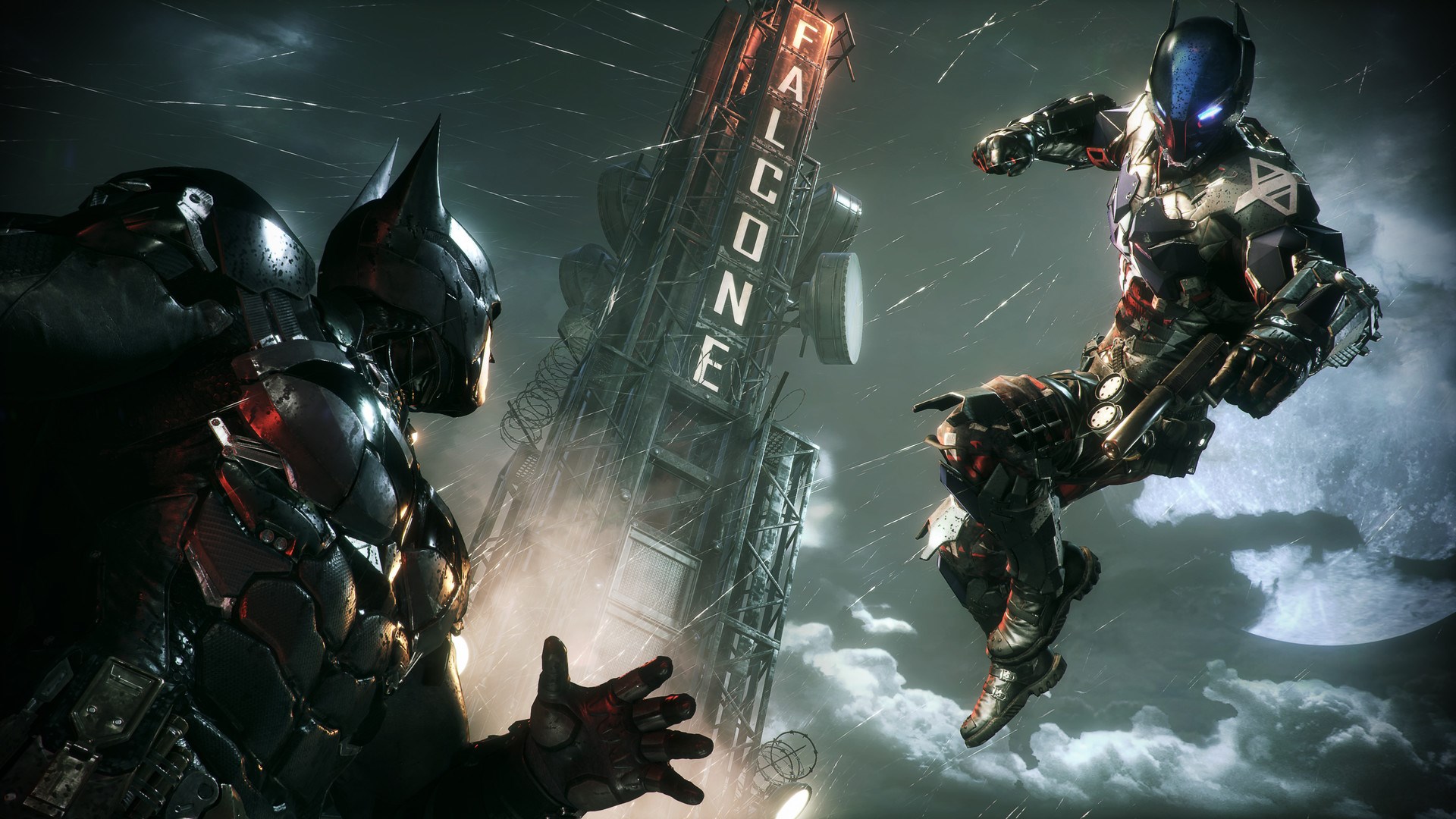
Batman: Arkham Knight is maybe the most well-known example: after launching on PC, the port was widely criticized by players due to performance issues, after which publisher Warner Bros. suspended digital sales. It was, to put it lightly, a big shock and at the time pretty much unprecedented for such a major release.
Five Nights at Freddy's World creator Scott Cawthon withdrew his own game from Steam as well, stating he wasn't satisfied with the ratings and reviews it was receiving and apologizing for its state at the time of release. He even offered refunds to Steam users, no matter when it had been purchased or for how long it had been played.
They're scams
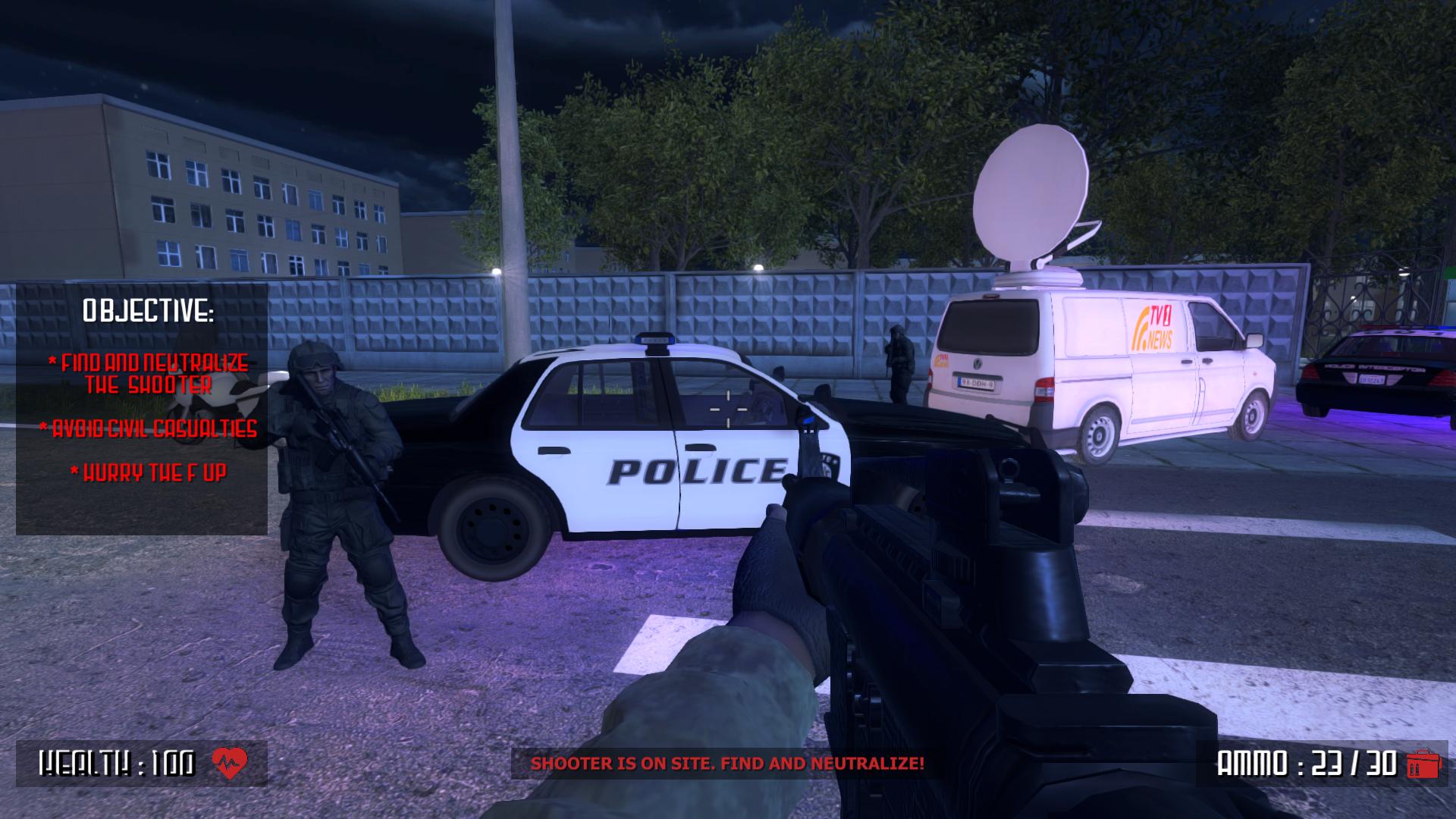
In September of 2017, Valve removed 173 games from Steam, all from the same single developer. These games, with names like Shapes4, Shapes5, Shapes6, and yes, Shapes7, appeared to simply have been created in order to mine Steam trading cards for profit. "They generate many thousands of [Steam] keys and hand them out to bots running Steam accounts, which then idle away in their games to collect Trading Cards." A clever ruse, but one Valve is now wise to.
Another developer, the creator of Active Shooter, was removed from Steam for similar reasons. "Ata is a troll, with a history of customer abuse, publishing copyrighted material, and user review manipulation," a Valve rep said. "His subsequent return under new business names was a fact that came to light as we investigated the controversy around his upcoming title. We are not going to do business with people who act like this towards our customers or Valve."
The game isn't good
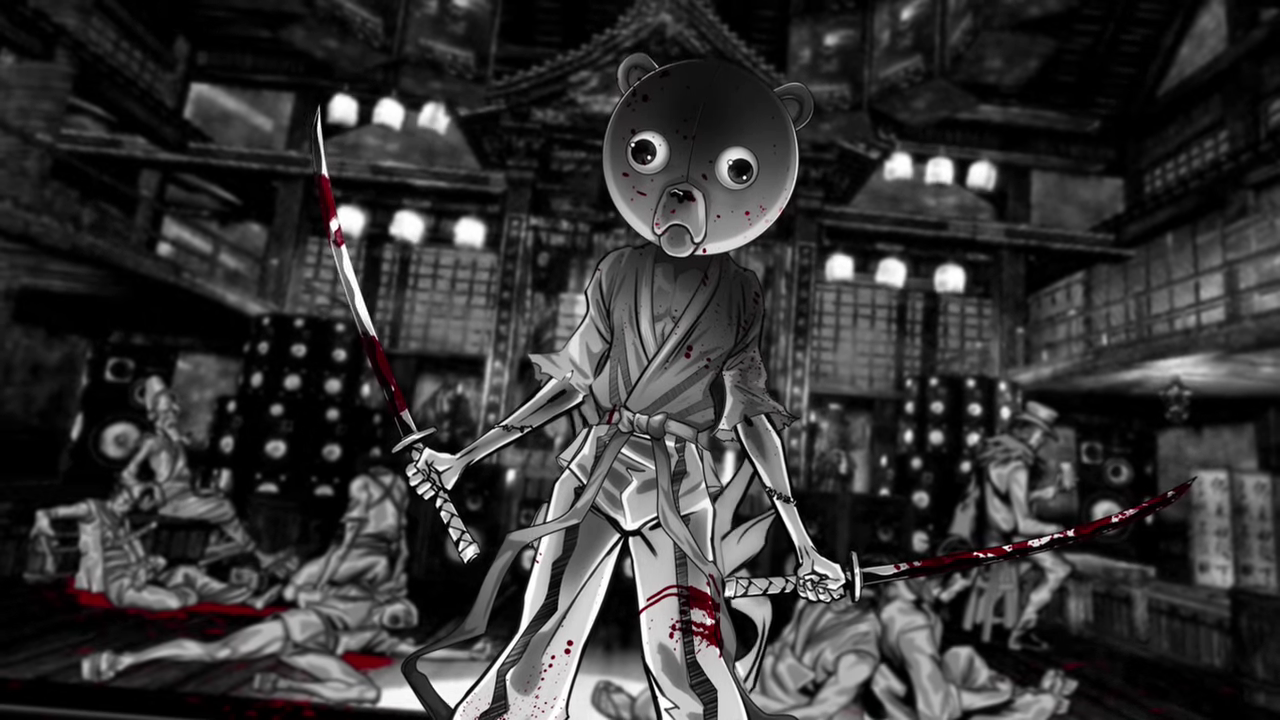
Lots of games aren't good, but they usually stick around anyway. Not all, however. Afro Samurai 2 was taken off Steam by its makers, and future episodes canceled, because "The game was a failure," according to general manager of developer Versus Evil Steve Escalante.
"If you look at the reviews, it wasn’t that the game was broken or buggy, people just didn’t like it," Escalante said. Fair enough.
The game wasn't finished
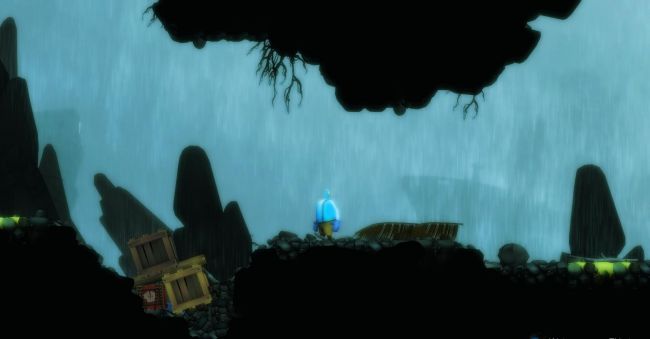
The first Early Access game I ever bought was Under The Ocean, a survival game, way back in 2012. I know Early Access is a gamble, but I enjoyed the game and was willing to be patient as it slowly wound its way through development. Until, eventually, it simply didn't. Issues arose between members of the team, the money ran out, and the developer removed the game from Steam in 2015.
The developer threatened to kill Gabe Newell
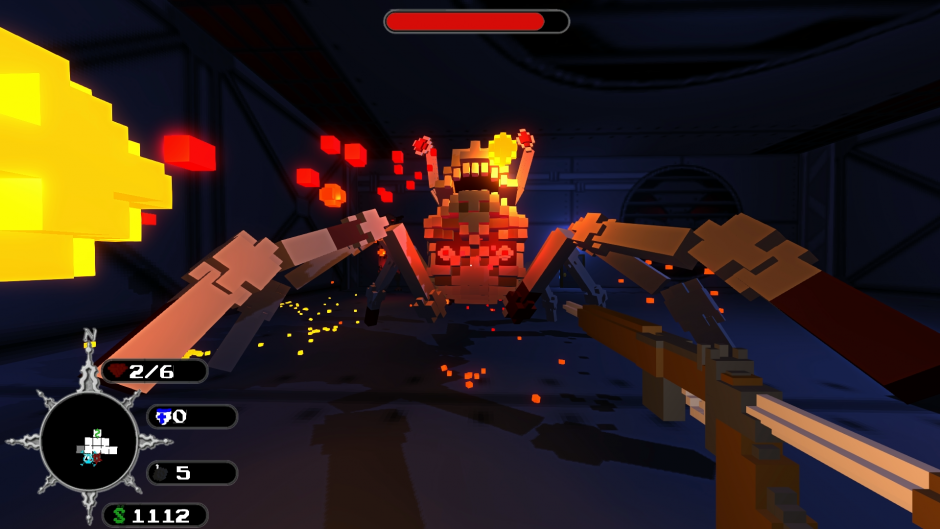
This is the first and only example—at least I hope—but worth noting to round out the list. As a general rule: don't ever threaten to kill anyone, ever. And not just because it may get your game removed from Steam. Because, like, it's a criminal act and a horrible thing to do.
Paranautical Activity was taken off Steam in October of 2014 after a member of the development team made death threats to Gabe Newell. The developer responsible resigned, then rejoined the studio, then sold the rights to another distribution company, and the game re-arrived on Steam, titled Deluxe Atonement Edition.
They ran out of digital copies?
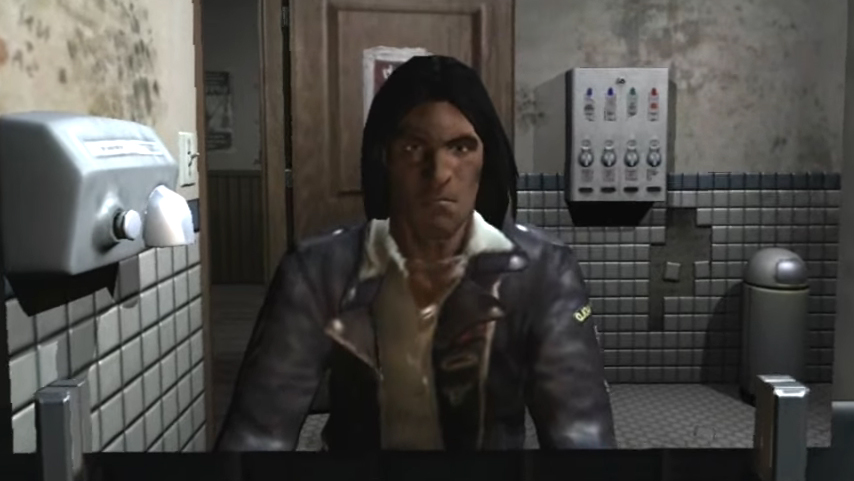
I began this article with 2006's Prey, and I hoped by the time I finished I'd have found the reason Prey is no longer on Steam. It's not entirely clear, though. In 2009, Kotaku reported that Prey had sold out during a Steam sale, which is a weird thing to happen, all things considered. I've seen some speculation that Steam codes were tied to physical CD-ROM keys provided by publisher 2K, and that's what ran out, though I'd expect more could be generated without much fuss. At any rate, it's now gone, apparently forever. If I find out more, I'll update you.

Chris started playing PC games in the 1980s, started writing about them in the early 2000s, and (finally) started getting paid to write about them in the late 2000s. Following a few years as a regular freelancer, PC Gamer hired him in 2014, probably so he'd stop emailing them asking for more work. Chris has a love-hate relationship with survival games and an unhealthy fascination with the inner lives of NPCs. He's also a fan of offbeat simulation games, mods, and ignoring storylines in RPGs so he can make up his own.

